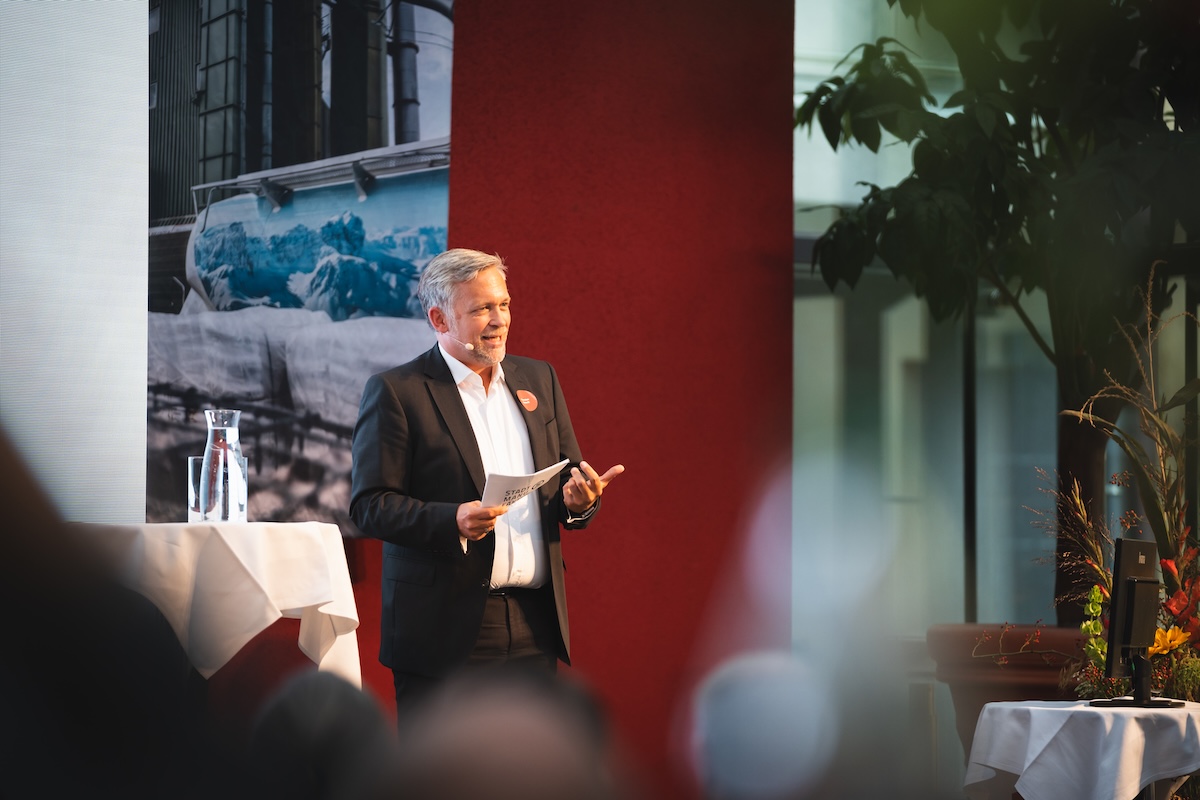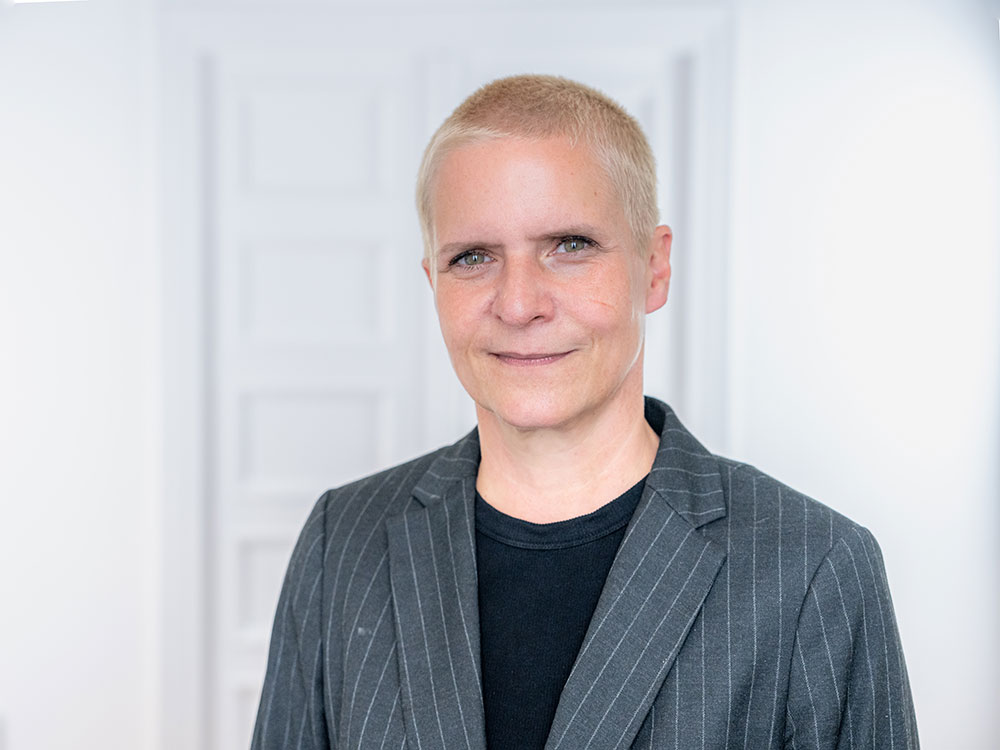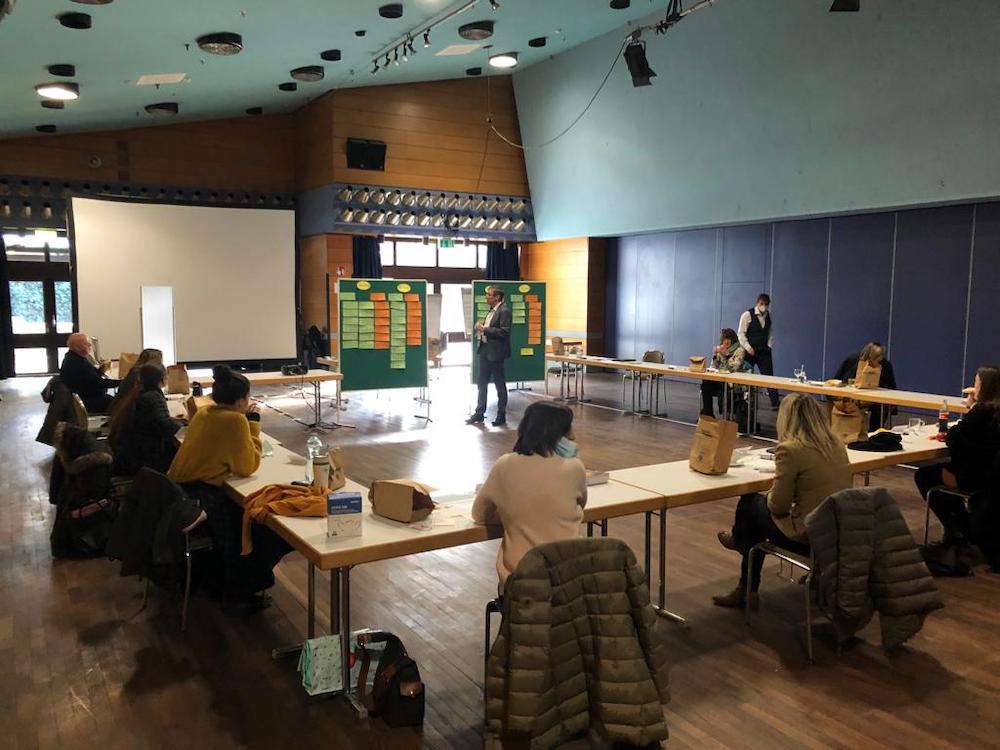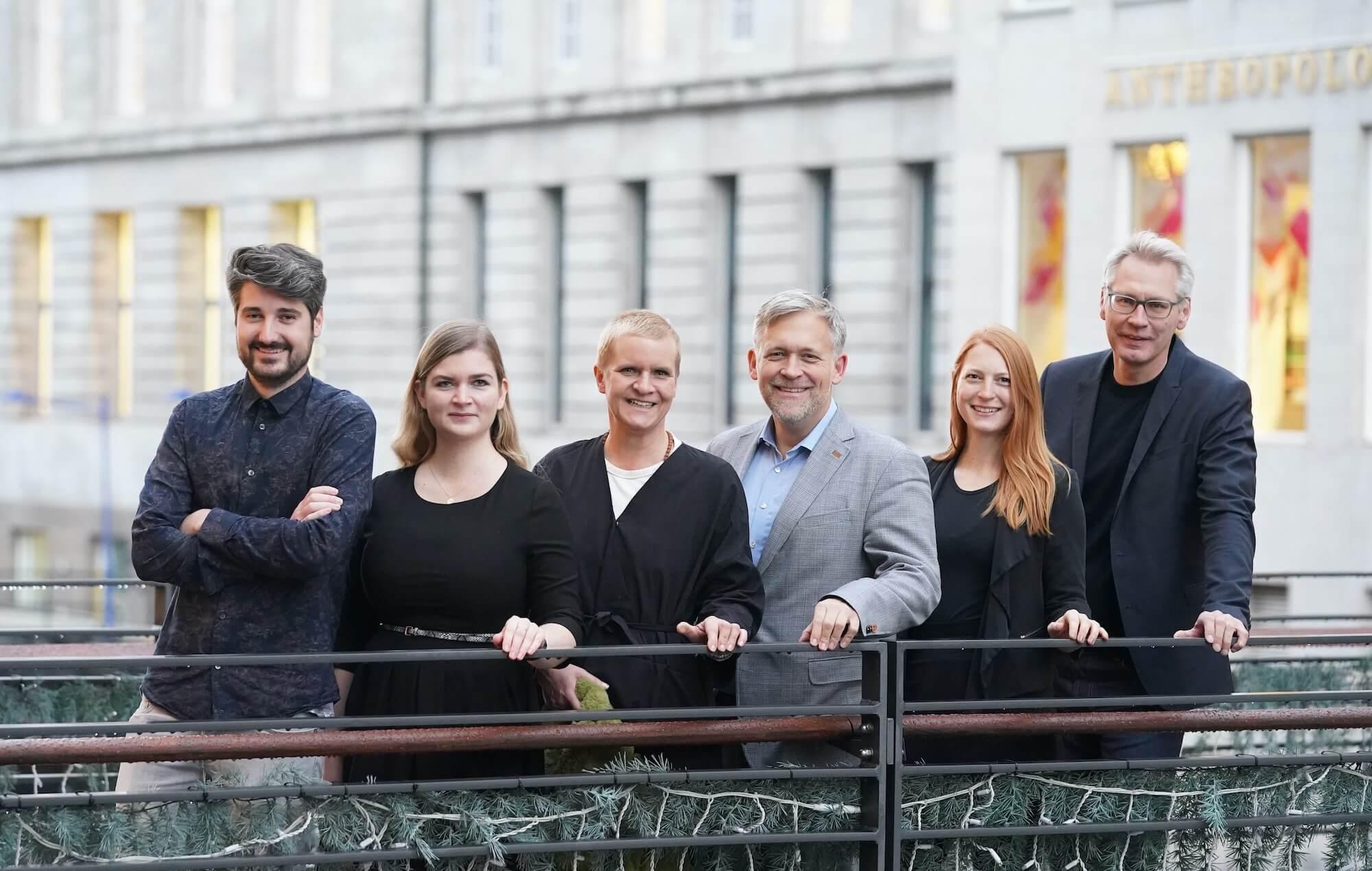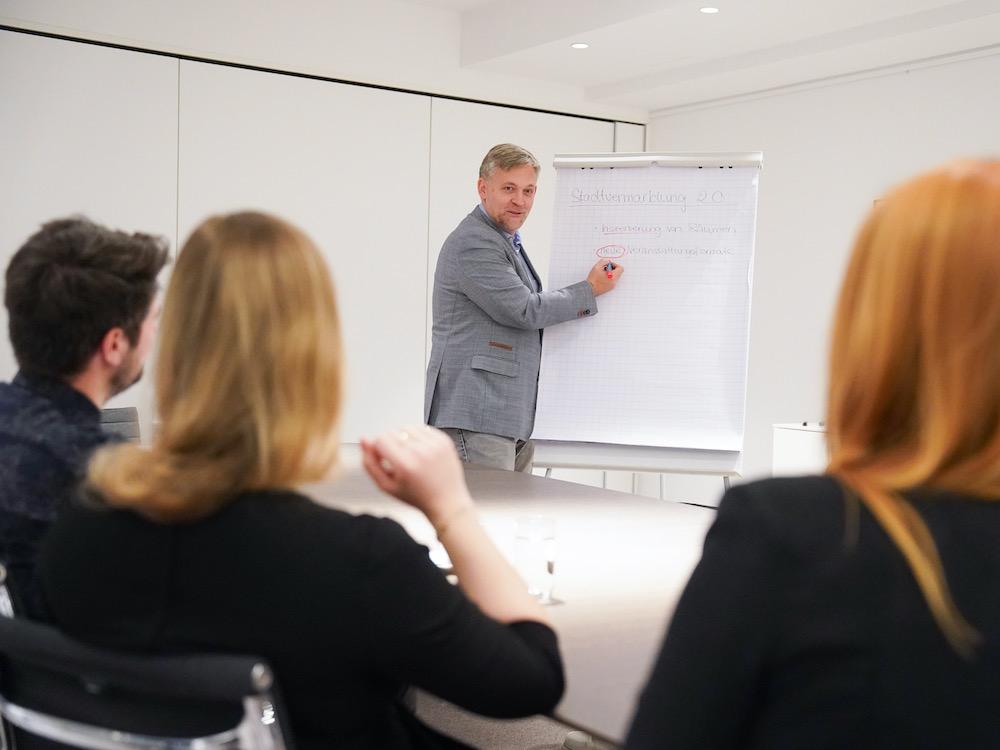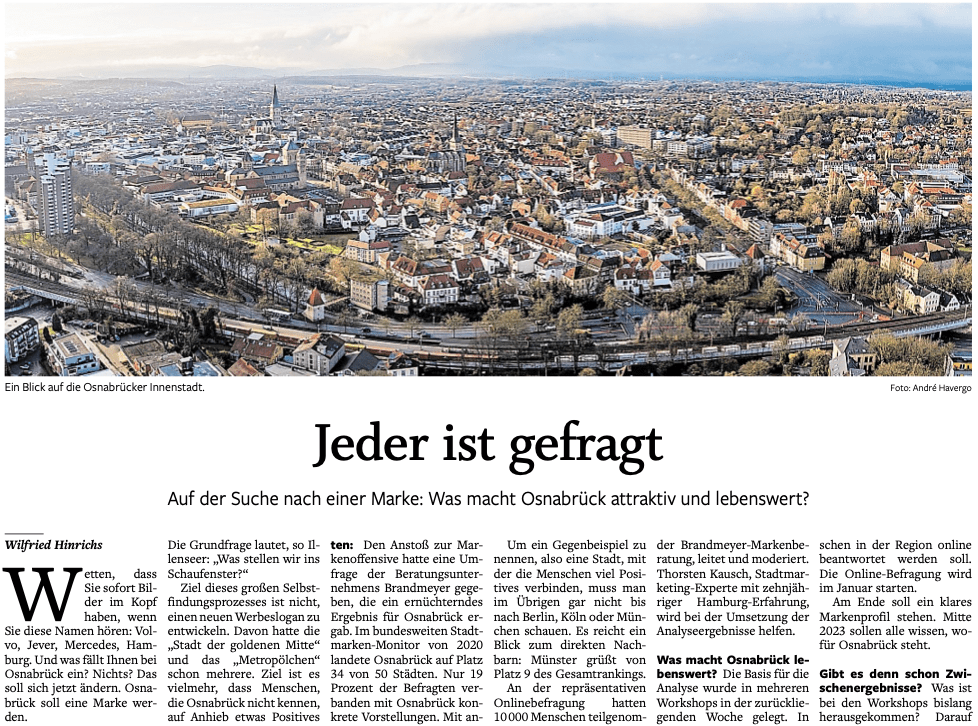Participation
Participation formats, participation and co-creation can accompany (strategic) processes
We are convinced that urban development and place branding processes must be conceived, developed and implemented cooperatively from the outset. With analog or digital formats for involvement, participation or co-creation.
Citizens, as well as stakeholders and multipliers, become co-creators, assume responsibility, contribute their perspectives and contribute to transparent, openly discussed solutions. The planning of Urban developers or Urban marketing can also be communicated in a comprehensible way with the help of participation formats. In the best case scenario, this creates a broad basis and acceptance for projects.
We use the following participation formats – in cooperation with our partners (a selection):
- Citizens’ forums
- Workshops
- Working groups
- round tables
- Future workshops
- Focus groups
- Open Space formats
- card-based digital surveys
- World Cafés
- Stakeholder interviews
At Stadtmanufaktur, we work closely with our partners Dan Pearlman and Elisabeth Leitner in the area of participation and co-creation. And we always keep the topic in mind – in stakeholder management, in strategic communication, for your city.
Our approach to stakeholder and actor participation
When it comes to participation, there are formal and informal processes that need to be considered. Apart from legally prescribed participation procedures, such as those that exist in urban development and construction planning, there are rarely normatively regulated processes. This presents both opportunities and risks.
Depending on the objectives and possible constellations of stakeholders, it is important to involve them in a meaningful and targeted manner in steering and steering committees. More important, however, are informal committees and platforms in which a topic must be set and positively supported. As the stakeholders mainly come from voluntary structures, an offer with a high “benefit and/or fun factor” is crucial.
However, it can also be formal bodies that require or demand involvement, otherwise it is urban social networks that need to be approached. Sometimes it can be discussions in large groups, in small groups or in 1:1 exchanges.
It is crucial that this is a continuous exchange in which both sides can contribute and represent their respective perspectives and that a concrete result is achieved at the end.
This is not a one-way communication, but a way of working together that is based on reciprocity. It is important to listen to, understand and assess the needs and perspectives of the other person.
